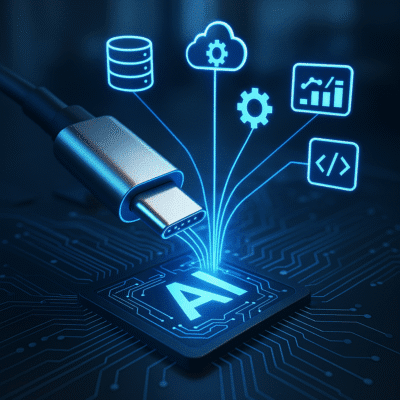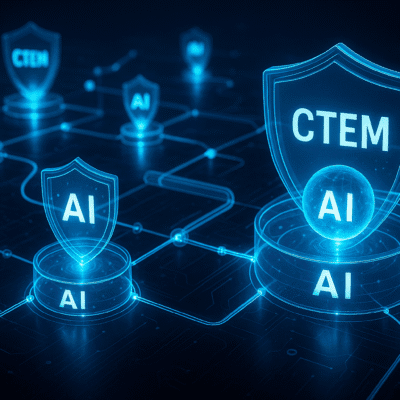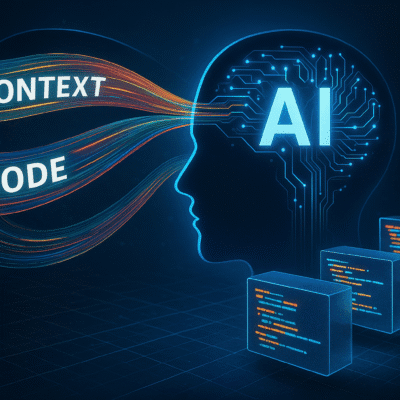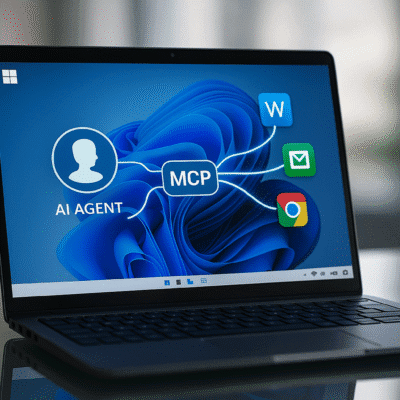Three Questions the McKinsey Report Answers
❓ 1. Why hasn’t Agentic AI & Gen AI moved the profit needle yet?
According to McKinsey’s Report on Agentic AI, nearly 80 percent of companies have rolled out copilots or chatbots—yet the same share see no material earnings lift. McKinsey calls this the Gen AI paradox. Horizontal tools scale fast but spread thin, so their gains melt into overhead. Meanwhile, the vertical use cases that could hit P&L—pricing, supply-chain replanning, credit-risk drafting—are stuck in pilot limbo thanks to siloed teams, patchy data, and cautious middle management.
Takeaway: Until AI is embedded deep in core processes, you’ll keep funding demos that never show up in the numbers.
⚡ 2. How do AI Agents break the paradox?
Agents turn Gen AI from a helpful typist into a goal-driven collaborator:
| Agent superpower | What it means in practice |
|---|---|
| Autonomy & planning | Split big goals (e.g., “rebalance inventory”) into subtasks, execute, and adapt in real time. |
| Memory | Keep context over weeks, not minutes—vital for credit memos, claims, or core-system rewrites. |
| Systems integration | Act directly in ERP, CRM, or WMS—no human copy-paste loops. |
When processes are redesigned around agents—not just sprinkled with them—cycle times collapse, tasks run in parallel, and new revenues appear (think subscription add-ons triggered by embedded product agents).
Proof points from the report:
- A bank’s hybrid “digital factory” cut legacy-modernization effort by >50 percent.
- A research firm projects 60 percent productivity gains by letting agents vet and explain data anomalies.
- Credit-risk memo creation shows a potential 20 – 60 percent productivity jump with agents drafting and analysts supervising.
🚀 3. What must CEOs do to seize the Agentic AI edge?
| Shift | From ➡️ To |
|---|---|
| Strategy | Scattered pilots ➡️ Few, process-level transformations tied to growth or cost missions. |
| Unit of work | Use cases ➡️ End-to-end workflows (“What if agents ran 60 % of order-to-cash?”). |
| Teams | Siloed AI lab ➡️ Cross-functional squads (domain experts, data, MLOps, IT). |
| Delivery | Experimentation ➡️ Industrialized, value-tracked rollouts with cost-of-run designed in. |
Four enablers must move in parallel:
- People – Upskill for “human + agent” collaboration; create roles like agent orchestrator.
- Governance – Set autonomy levels, guardrails, and anti-sprawl rules before agents multiply.
- Architecture – Build an Agentic AI mesh (open standards such as MCP/A2A, vendor-neutral, governed).
- Data – Productize reliable data—including the messy unstructured kind—that agents devour.
The bottom line
According to McKinsey’s Agentic AI Report, CEO’s must close the experimentation chapter. Stand up one lighthouse agent transformation, launch an AI council to own governance and ROI, and fund the mesh foundation. CEOs who act now won’t just streamline—they’ll rewrite the way their companies think, decide, and compete.





